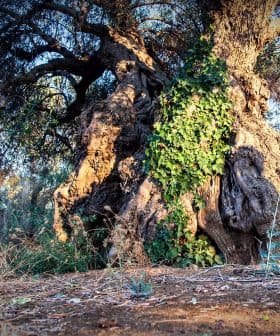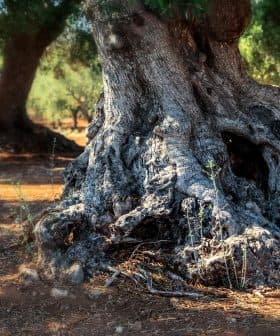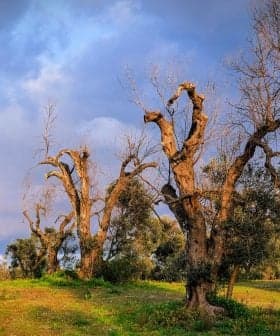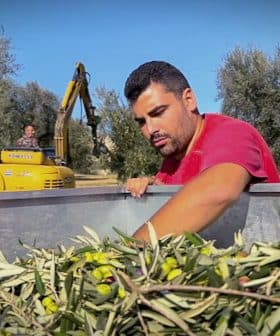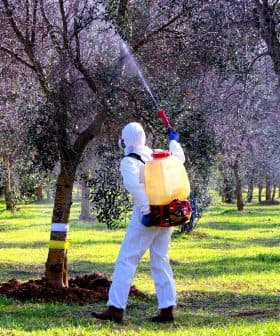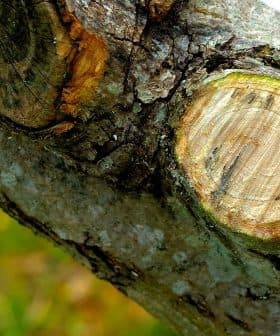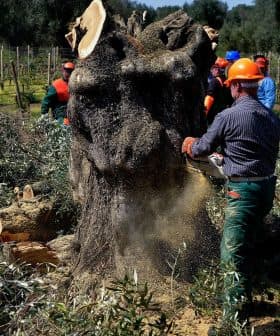Andalusia Declares Its Agriculture Xylella-Free
After the completion of 600 tests on regional crops ranging from olives to almonds and citrus, Andalusia determines the plague has not penetrated its borders.
A study conducted in Andalusia confirmed the absence of the Xylella fastidiosa bacterium in olive, almond, and citrus trees, as well as ornamental plants in the region’s agriculture. The preventative measures, including diagnostic tests and compliance with EU requirements, were part of a contingency plan to protect Andalusia’s vital olive oil industry from the potential economic impact of the plant pathogen.
A recent Andalusia-focused study has confirmed the absence of the Xylella fastidiosa bacterium in a range of the region’s agriculture. The 600 tests were administered on olive, almond, and citrus trees, as well as ornamental plants — and all in the Andalusian regions of Almería, Granada, Málaga, and Jaén.
This preventative study was initiated by the region’s Ministry of Agriculture as part of a contingency plan meant to comply with EU demands to prevent the entrance and spreading of the bacterium within the union (the world’s largest olive oil producer, whose industry could be destroyed by Xylella’s advancement).
As part of the plan, Andalusia implemented a variety of measures, including the aforementioned series of analyses. These diagnostic tests were able to analyze the bacterium, its molecular biology, and provide early detection if the disease existed.
Since its discovery in Italy in 2013, Xylella fastidiosa — which inhibits plants’ ability to transport water and nutrients — has been recorded elsewhere in the EU, including southern France. So far Spain has remained unaffected, and these tests affirm that the plant pathogen has not yet penetrated Andalusia’s borders.
Other pre-emptive measures beyond the testing have included enforcing compliance with the EU’s requirements around the entrance of plant material from outside countries. Additionally, Andalusia requested that the Spanish central government insist that regional authorities across the nation prohibit the import of plant products from Xylella-affected areas.
It’s all an effort that the southern Spanish region takes very seriously given the potential economic impact if the plague were to take hold. Andalusia is the top producer of olive oil in the world, with 1.5 million hectares of land dedicated to the industry.
The result is some 250,000 families and more than 300 municipalities who depend on the region’s olive agriculture — and hope that they can continue to. So far so good for Andalusia, though the battle against the bacterium is certainly far from over.


